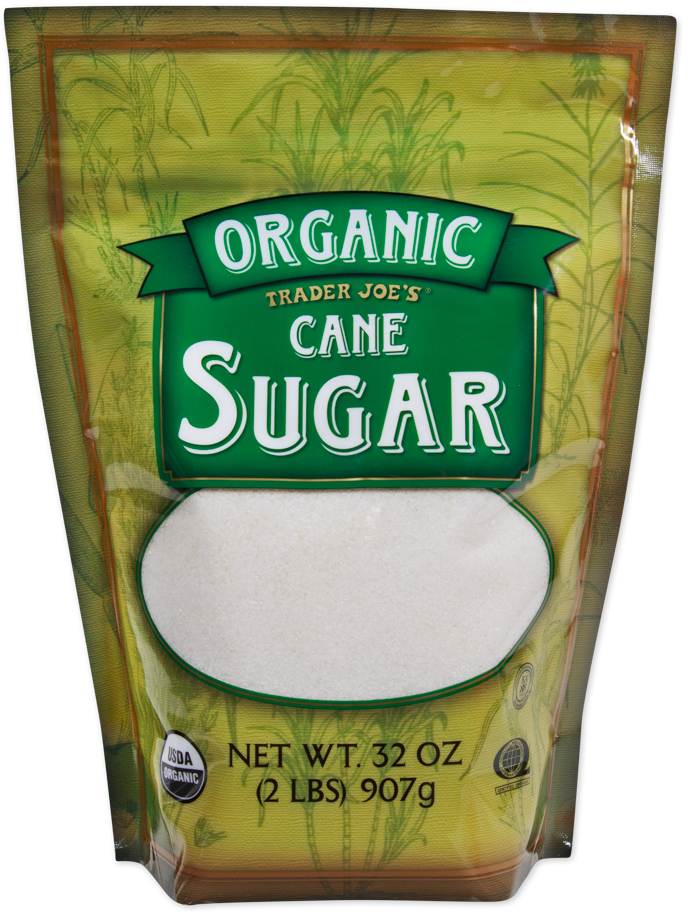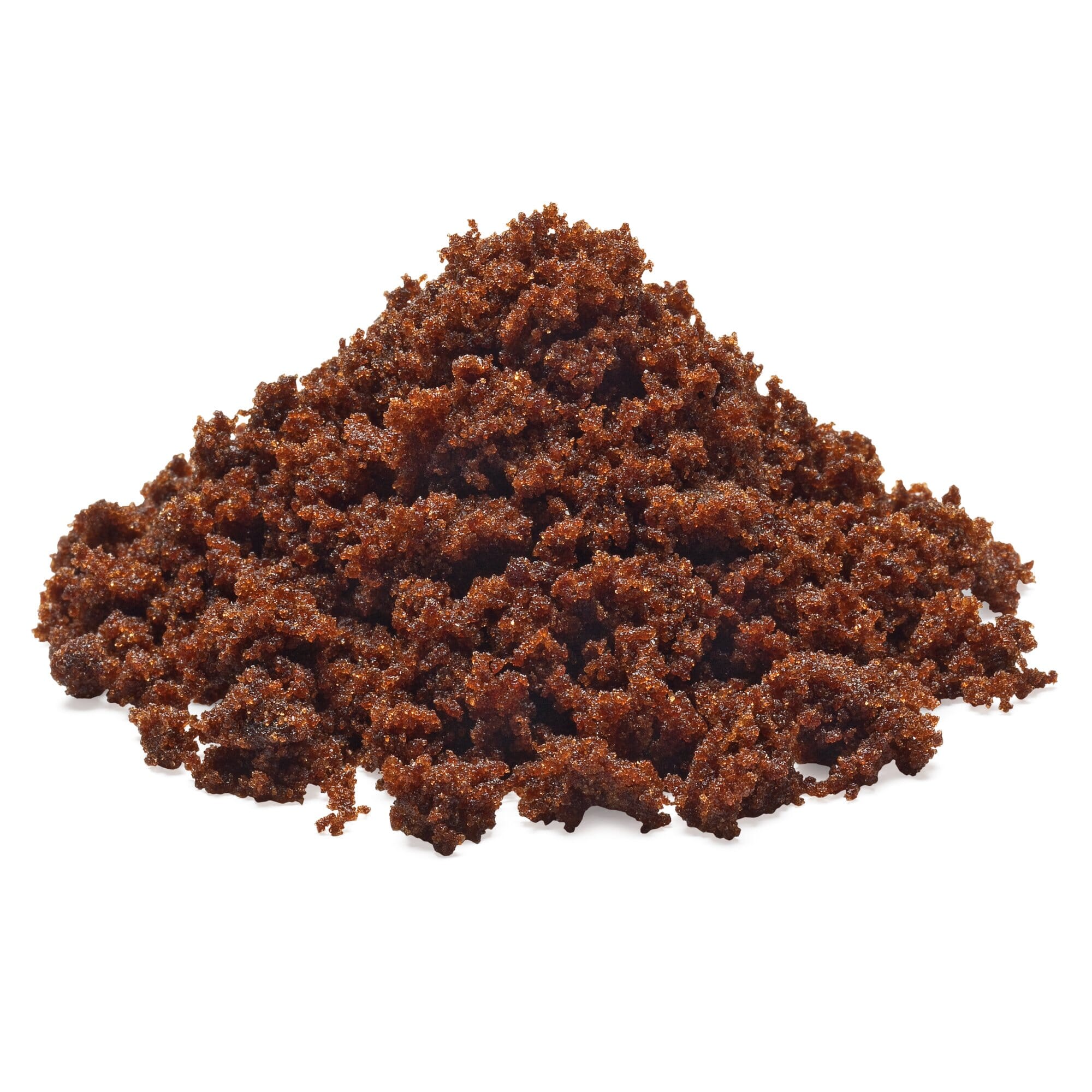The Trip of Cane Sugar Processing: From Harvest to Crystals
The Trip of Cane Sugar Processing: From Harvest to Crystals
Blog Article
A Comprehensive Overview of the Wellness and Economic Ramifications of Walking Stick Sugar Handling on Neighborhood Neighborhoods
Walking stick sugar processing plays a critical role fit the financial landscape of regional neighborhoods, providing employment possibility and promoting secondary sectors. However, the health ramifications connected with high sugar usage can not be forgotten, as they contribute to rising rates of excessive weight and diabetic issues. This nuanced vibrant invites an important assessment of exactly how areas can enhance financial gains while addressing journalism health and wellness challenges they encounter. The exploration of academic campaigns and sustainable practices might simply hold the secret to integrating these contrasting passions. What approaches might areas carry out to accomplish this balance?
Financial Advantages of Walking Stick Sugar Processing
Walking cane sugar handling provides significant financial benefits that expand past the immediate farming industry. The cultivation and handling of sugarcane produce countless work opportunities, from farming to manufacturing and distribution. This employment generation not only sustains regional economic climates but additionally promotes area advancement by offering stable earnings resources for family members.
Additionally, the sugar market stimulates secondary businesses, including transportation, equipment supply, and packaging solutions (Cane Sugar Processing). As these fields expand, they add to a much more durable financial structure, enhancing general area durability. The export capacity of processed cane sugar better intensifies financial benefits, placing regions as affordable players in worldwide markets
Financial investment in modern-day processing facilities can lead to boosted efficiency and performance, thus reducing waste and enhancing source use. This shift not just benefits the regional economy yet likewise sustains sustainability initiatives by minimizing environmental effects.
In addition, the revenue produced from walking cane sugar processing can be reinvested in regional infrastructure, education, and health care, advertising alternative area development. In general, the economic benefits of cane sugar handling are multifaceted, providing a structure for sustaining prosperity in agricultural areas.
Health And Wellness Risks Connected With Sugar Consumption
Too much sugar usage poses substantial wellness threats that necessitate significant interest. High intake of sugarcoated, specifically from processed foods and beverages, has been linked to various wellness issues. One of one of the most pressing worries is weight problems, as sugary diets add to a boosted caloric consumption without offering essential nutrients. This excess can result in metabolic disorders, consisting of type 2 diabetes, which has actually become progressively prevalent in both children and adults - Cane Sugar Processing.
In addition, high sugar usage is connected with heart disease. Elevated blood sugar level levels can lead to insulin resistance, a forerunner to various heart-related concerns. Additionally, sugar can have detrimental results on dental health and wellness, leading to cavities and periodontal illness, as bacteria in the mouth flourish on sugar, producing acids that erode tooth enamel.
Moreover, emerging research suggests a prospective link between high sugar usage and mental health problems, such as depression and anxiousness. As communities face these wellness threats, it becomes important to advertise understanding and urge healthier nutritional choices. Resolving sugar usage is crucial not just for individual wellness however also for the overall health of local communities, highlighting the demand for extensive public wellness strategies.
Ecological Effects of Sugar Production
Often forgotten in conversations about sugar's implications is the considerable ecological influence of sugar production. The cultivation of sugarcane usually demands extensive land usage, leading to deforestation, loss of biodiversity, and disruption of local ecosystems. The conversion of forests and marshes right into sugar plantations can result in habitat destruction, harmful numerous species and changing environmental balance.
In addition, sugar manufacturing is resource-intensive, consuming significant amounts of water for irrigation. This can cause exhaustion of regional water resources, detrimentally impacting both farming practices and area accessibility to clean water. Additionally, the usage of chemical plant foods and chemicals in sugarcane farming can add to soil deterioration and water pollution, as overflow from these chemicals enters close-by rivers and lakes, influencing aquatic life and human health and wellness.
The environmental impact prolongs to the handling phase, where energy usage and waste generation additional worsen ecological worries. Air air pollution from shedding sugarcane fields, along with greenhouse gas exhausts, add to environment modification. As such, the ecological effects of sugar production warrant major factor to consider, urging stakeholders to embrace more sustainable techniques to reduce these damaging effects on neighborhood ecological communities and communities.
Work Production and Area Advancement
The ecological obstacles postured by sugar production are usually counteracted by its potential for financial advantages, particularly in task production and neighborhood growth. The cane sugar market acts as a substantial resource of employment in lots of backwoods, giving jobs across different skill degrees, from farming labor to handling and distribution roles. This employment not just supports specific families yet additionally adds read what he said to the general financial vigor of regional neighborhoods.
Additionally, the establishment of sugar processing centers boosts supplementary services, such as transportation solutions, devices supply, and maintenance companies. As these services prosper, they produce additional jobs and bolster local economic climates. The profits produced from the sugar market likewise results in boosted tax profits, which can be reinvested right into area services such as facilities, healthcare, and education advancement.
In addition, the sugar industry usually participates in community growth initiatives, such as sustaining regional schools and health and wellness programs, thereby boosting the lifestyle for locals. By cultivating strong area ties and advertising economic growth, weblink the walking cane sugar processing industry plays an important role in uplifting local populaces, making it a vital component of lasting growth methods in sugar-producing areas.
Harmonizing Wellness and Economic Development
In browsing the intricacies of walking cane sugar processing, a vital obstacle hinges on stabilizing health considerations with financial development. The sugar industry substantially adds to local economic situations by producing jobs, promoting relevant sectors, and enhancing tax earnings. However, the health and wellness effects associated with extreme sugar usage can bring about persistent diseases such as excessive weight, diabetes, and cardiovascular concerns, which can concern public wellness systems and decrease labor force performance.

Additionally, regulatory structures can play a critical duty in directing sector practices towards more lasting and health-conscious strategies. By fostering collaboration between federal government bodies, health organizations, and the sugar market, neighborhoods can browse the duality of wellness and economic growth, guaranteeing that the benefits of walking cane sugar handling are equitably shared while focusing on public wellness.
Verdict
Finally, the processing of walking stick sugar provides both considerable economic benefits and remarkable wellness dangers for local neighborhoods. While it promotes task development and stimulates local development, the involved health and wellness worries, particularly relating to weight problems and diabetes mellitus, go now demand a mindful harmonizing act. By advertising liable usage and investing in neighborhood education and sustainable practices, it is feasible to optimize financial benefits while reducing adverse wellness results, consequently making certain a much healthier future for regional populations.
In addition, sugar can have destructive results on oral health, resulting in dental caries and periodontal condition, as germs in the mouth flourish on sugar, producing acids that deteriorate tooth enamel.
Attending to sugar intake is critical not just for individual wellness but likewise for the total wellness of local neighborhoods, stressing the requirement for extensive public health approaches.
Regularly neglected in conversations concerning sugar's ramifications is the substantial environmental influence of sugar production. The health and wellness implications connected with excessive sugar usage can lead to chronic conditions such as excessive weight, diabetic issues, and cardiovascular problems, which can burden public health and wellness systems and lessen workforce efficiency.

Report this page